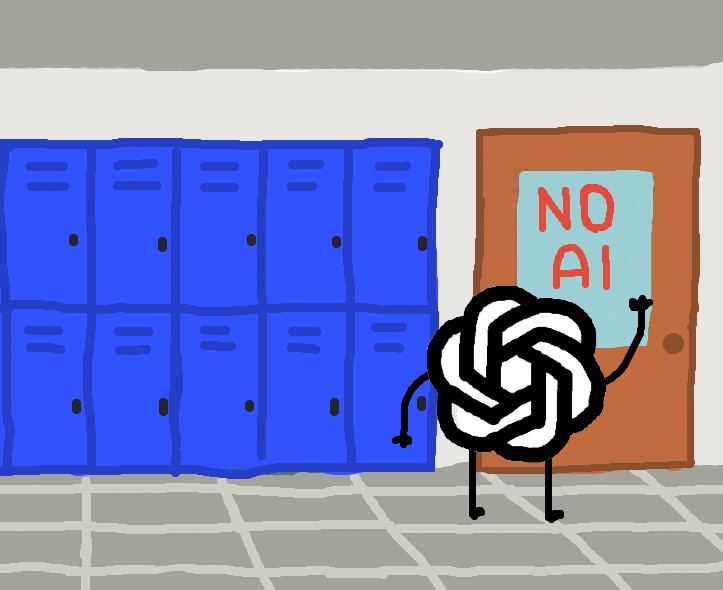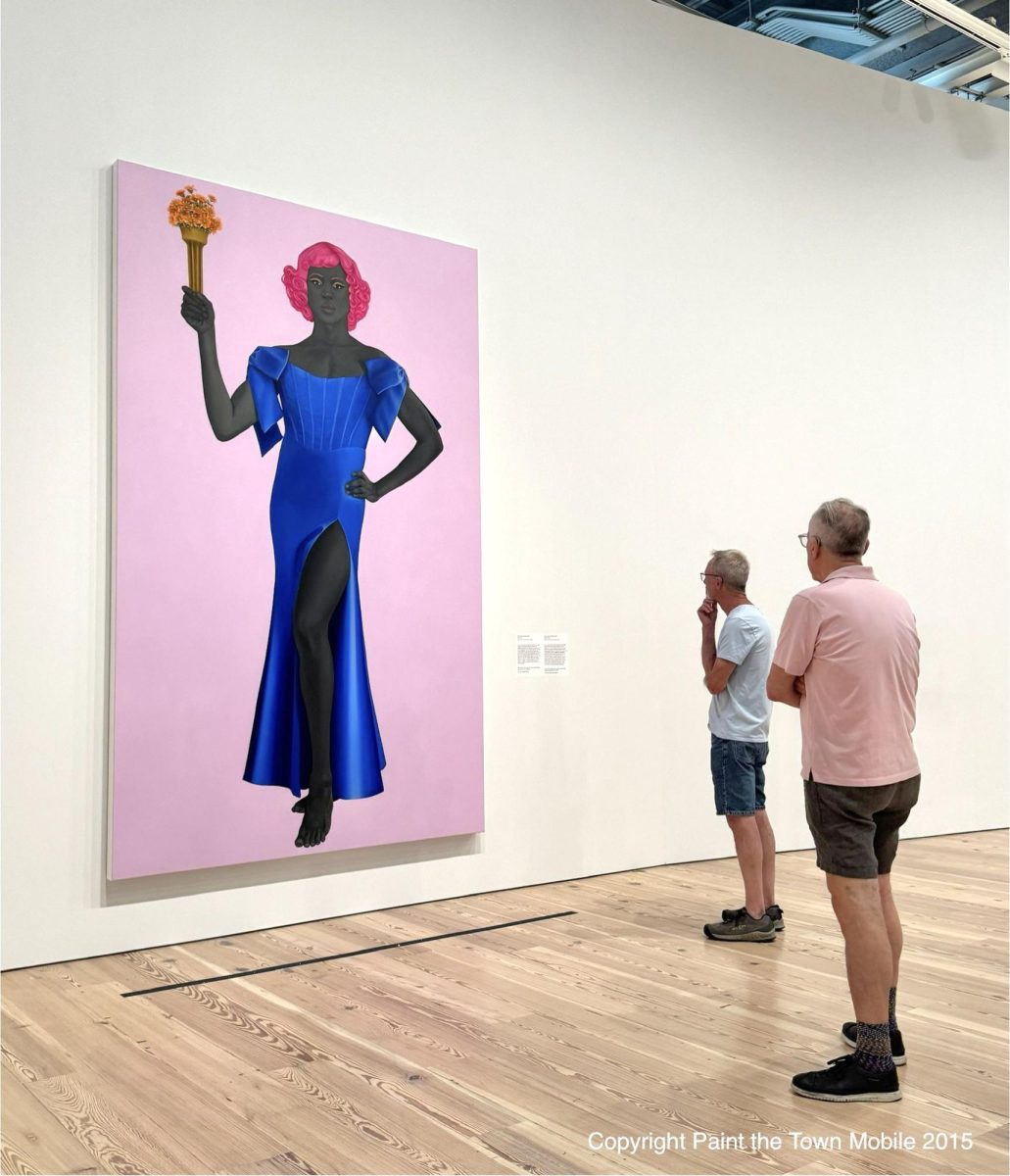It shouldn’t take a mass killing to reject the rebel flag and the racism it represents.
My mom is a 5-foot-2 130-pound white woman, and my dad is a 6-foot, 210-pound black man. That leaves my brother, sister and I in difficult situations at times. We’ve been to restaurants as a family, and we’ve had people look at us strangely when my parents pay for something together. People have asked me on some occasions if I’m my sister’s mother even though our actual mom is with us. When I go out somewhere with just my mother, a lot of people think we’re not related. We’ve had people ask my parents if they were together, even though it’s clear that my siblings and I are related to both of them. Ever since moving to Austin a year ago from London, many Americans label me as black, just because my skin isn’t “all the way” white. Since coming to America a year ago, I’ve been struggling with issues involving racism. Why do people think it’s OK to discriminate against others because of the color of their skin? People have yelled things at me on the street about how I’m an idiot because I’m black.
I feel fear when I see certain police officers in public, and sadness and anger when people yell ignorant comments about the color of my skin. I feel silenced when there’s a lack of representation for part of my heritage in the media and in the cinematic world; these feelings are a weight on my shoulders, and that weight is put there by the remnants of systematic racism in America.

One manifestation of that racism is the persistence of Confederate symbols in American culture. I’ve seen people on the freeway with Confederate flag bumper stickers. I’ve seen seen people flying flags with the “heritage, not hate” slogan and a picture of the Confederate flag. The argument that these symbols have to do with heritage and not hatred rang hollow last June when a white man murdered nine black people during their prayer meeting at a historic black church in Charleston, S.C. The killer had a website where he posted pictures of himself burning the American flag and of the Confederate battle flag, along with a manifesto declaring that he wanted the killings to ignite a racial civil war in America. In the wake of this tragedy, many public officials have taken down or are considering removing Confederate symbols or memorials.
The tragedy may have caused politicians and school officials to take action, but these symbols don’t just suddenly appear when a racist event happens. The symbols have been a problem from the beginning. Slavery was abolished in the U.S. on Dec. 6, 1865, only after a prolonged civil war, which was fought between North and South precisely over the question of whether or not slavery should be abolished.
The Confederate battle flag is direct representation the South during the Civil War, a white South that opted to secede from the county in order to “protect” their right to own slaves.
Let’s stop right there; the Confederate states did not want to be a part of America. They left the United States so they could still have slavery. This is the first reason the “heritage not hate” argument is invalid. I’ve heard multiple people drone on about how proud they are to be American, celebrating their American history and heritage by flying the Confederate flag. If the Confederate states didn’t want to be American, then that heritage isn’t even American: it’s Confederate, and by definition anti-American. And, guess what? The Confederate states were racist. They were pro-slavery. Slavery was a racist thing that happened. Glad we cleared that up.
Another reason the “heritage, not hate” argument is invalid is because that heritage was hateful. The Confederate states wanted to continue the dehumanization of black people. Beating, overworking and commodifying people because of the color of their skin is racist. Racism is a form of hate. This means the Confederate heritage that people are defending is rooted in hostility. It’s a hateful heritage. Maybe that’s why Confederate symbols always resurface when racism does. Many state flags incorporated Confederate symbols into their design in the 1950s as a symbolic opposition to school integration. Some of the states removed the Confederate symbol from their flags, and others have kept it. Voters in Mississippi voted on Oct. 20 to keep the Confederate flag in the upper lefthand corner of the state flag.

Another argument I’ve heard is that people are trying to “erase history” by taking down Confederate memorials, like the statue of Jefferson Davis in the South UT Mall and or by renaming schools that honor Confederates like AISD’s own Robert E. Lee Elementary School. I don’t think we should have things dedicated to honoring people who were pro-slavery. I don’t think we should consider Confederates to be heroes. I don’t think we should have good things named after people with bad intentions, who had no motivation to change those intentions. Taking down monuments dedicated to people who were racist is not “erasing history.” What I would define as erasing Confederate history would be not teaching people about it in school, just pretending like the Civil War never happened. Everyone should know about what the South stood for in the Civil War, and how that’s affected racism in our society today. I want people to learn about why, even though the Civil Rights Act was passed in 1964, we still have news of unarmed people of color being brutally killed by white police officers, why minorities only have slightly less that 25 percent of representation in Hollywood movies, even though only around 15 percent of the world population is white. A lot of the problems in society stem from ignorance, and if people could be educated, by school, by their parents, by the environment they’re in, then I really think that we could help put an end to the killing of innocent people, to the lack of representation, to the fear in the face of oppression. But it will take time, it will take patience, and it will take education. But first, everyone needs to be willing to make changes that are way past overdue.







